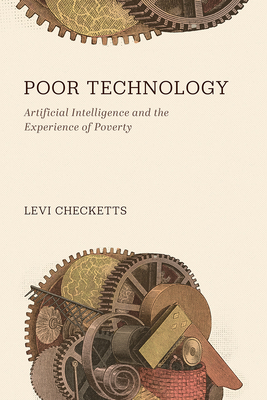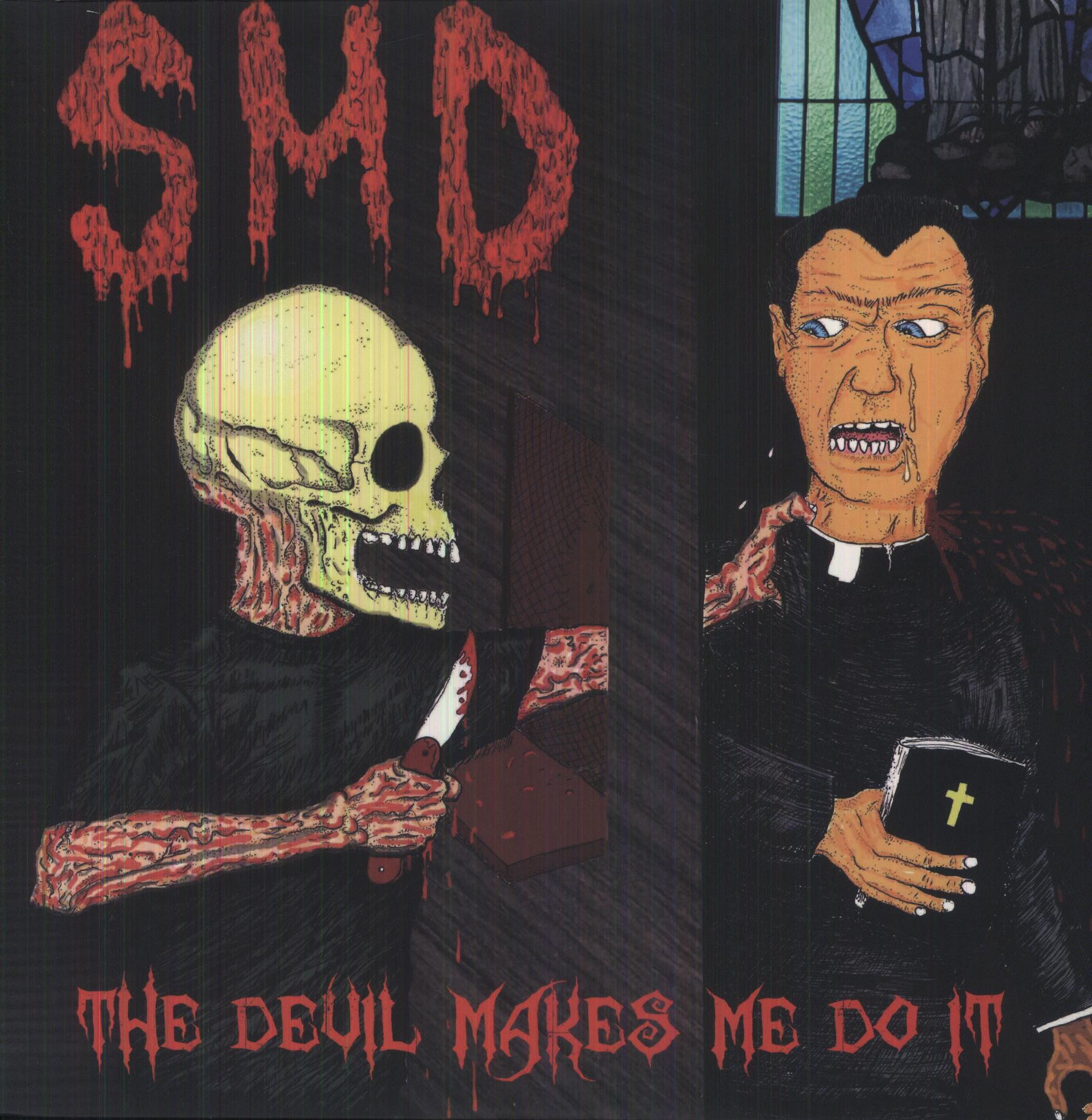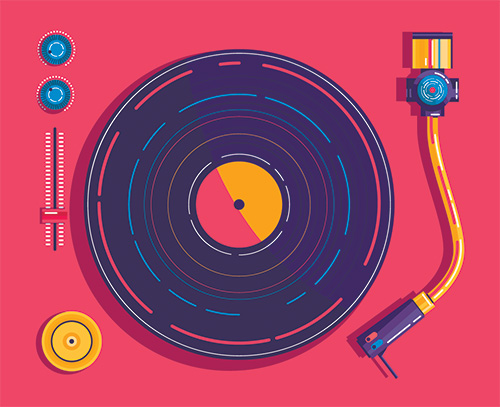
Checketts, Levi
This book adds a further concern, namely the way our approach to AI reinforces assumptions about dignity and personhood tied to the sort of thinking that is characteristic of bourgeois capitalists. The experience of poverty reveals that people who are poor do not think the same way as the upper classes--their experience of the world must be understood through the reality of survival within resource-scarce settings and the attendant domination and discrimination that come with being poor. These experiences do not fit well with the ""ideal choice"" selection model that underlies AI modeling, and numerous failures of AI to help the poor demonstrate that those who benefit primarily from AI are those who already live well.
As a result, the fervor surrounding AI often serves to dehumanize the poor by eliminating employment opportunities, automating social work, reinforcing biases, and prioritizing profit over stability. Worst of all, however, AI functions to satisfy a psychological need for us to have ""others"" against whom we can distinguish ourselves without having to feel guilty about the reality of the struggle of the poor. Taking seriously the theological perspective of the ""preferential option for the poor,"" this work contends that to avoid relegating poor people to nonhuman status, we must be willing to put aside the fantasy that AI is ""intelligent"" and focus rather on the all-too-human embodied reality of the poor.







